For decades we have feared threats on our cyber infrastructure and the resulting effects an attack could leave behind. Cyber-attacks affect every computer, everywhere, even computers that function as an isolated intranet network could still be threatened by malicious codes transferred through portable storage devices. Users and specialists should be aware of the various cyber security developments and implement them into their own systems to protect important data, private customer or patient information or information vital to the security of a country.
With cyber-criminals becoming more advanced in their methods, the cyber security industry has to always stay ahead with even more advanced technology and countermeasures. Here is what the future of cyber security holds:
Focus on cloud security: Cloud storage has become an essential part of lives. Many computers and mobile devices rely solely on cloud solutions, with their minimal local storage and processing power. Due to its online-based implementation, cloud services are more vulnerable to attacks. Hackers continue to work on disruptive and innovative ways to bypass various security measures.
AI-powered defense: Using AI algorithms, machines can learn from past events to achieve a particular goal such as defending or breaking into a network. AI can also be used to automate certain tasks, which make the hacking process more effective and efficient. As a response, security specialists should also use AI solutions to thwart potential attacks.
Improvement on sandbox technology: Security specialists use sandboxing technology to detect and prevent various malware infections. However, cyber criminals are looking for a way to evade it. New strains of malware may sense that they are being sandboxed. They will lay dormant and unleash their harmful payload only after they are outside the sandbox. Sandboxing technology can be improved to better detect malware, regardless of their behaviour.
Prevention of IoT ransomware: Ransomware that affects IoT (Internet of Things) is not yet making the headlines. The potential number of victims is still much lower than other cyber-attack methods. Also, the data inside IoT is typically encrypted, making it less likely for hackers to steal the information. However, this threat can’t be underestimated, and the amount of damage inflicted can be quite enormous. This type of ransomware attack could affect power grids and factory lines.
Widespread implementation of multi factor authentication: Many organizations and average users still employ single-factor authentication. Many businesses are reluctant to use multi-factor authentication, due to the risk of reduced user experience. However, because the risk of stolen identities can be quite high, we will see more companies implement this type of security strategy.
Defense against state-sponsored attacks: In future conflicts, cyber-attacks between warring nations will take place. These attacks are politically motivated and not for financial gain. Countries should establish a potent force for defending their digital integrity.
With cyber security becoming more aggressive with the recent increase in the number of data breaches, all EMEA organisations are recognising that software alone is not enough. There is an industry-wide demand to hire more resources within this specialised sector. Clear Tech Recruitment is playing an active role in supporting our clients in this industry by recruiting experienced consultants to strengthen our delivery capabilities.
If you enjoyed this article, please feel free to share it on your favorite social media sites.


